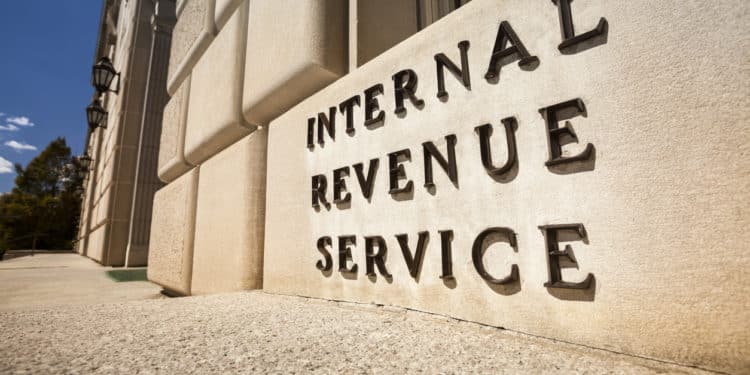On December 29, the Internal Revenue Service (IRS) Whistleblower Office released its Fiscal Year 2020 Annual Report. The report highlights the central role whistleblowers have played in IRS enforcement efforts and the degree to which whistleblowers have been correspondingly rewarded. According to the report, in fiscal year 2020, whistleblower disclosures helped the IRS collect over $472 million from tax law violators, and the IRS issued over $86 million in awards to 169 whistleblowers. However, the report also documents issues with extremely long delays in processing whistleblower claims, which whistleblower advocates argue undermines the effectiveness of the program. On average, the IRS Whistleblower Office currently takes 10.79 years to process a claim.
The IRS Whistleblower Office was created in 2006 with the passage of the Tax Relief and Health Care Act. The Office issues whistleblower awards to individuals who provide specific and credible information to the IRS that “results in the collection of taxes, penalties, interest or other amounts from the noncompliant taxpayer.” Awards are issued in cases where the funds in dispute exceed $2 million or, in cases dealing with an individual, when the individual’s annual gross income is more than $200,000. In these cases, whistleblowers are entitled to an award of 15-30% of the funds collected. According to this year’s annual report, since 2007, the IRS Whistleblower Office has issued over $1 billion in whistleblower awards based on cases that resulted in the total collection of $6.14 billion in back taxes, interest, penalties, and criminal fines and sanctions.
“The IRS whistleblower law continues to demonstrate the importance of whistleblower reward laws. Whistleblowers are the eyes and ears of enforcement, and their disclosures are essential for prosecuting tax cheats,” said whistleblower attorney Stephen M. Kohn, partner at Kohn, Kohn & Colapinto and Chairman of the Board of Directors of the National Whistleblower Center.
However, the annual report documents a decrease in the monetary amount awarded to whistleblowers in the 2020 fiscal year. The $86 million issued to whistleblowers in 2020 is substantially less than the $312 million and $120 million paid in awards in 2018 and 2019, respectively. In addition, the report details massive backlogs and delays in the processing of whistleblower award claims. On average, the Whistleblower Office currently takes over 10 years to process a whistleblower case and as of September 30, 2020, the office had a backlog of 23,943 cases.
In a recent article for the National Law Review, Kohn states that these backlogs and delays undermine the whistleblower reward law’s effectiveness and whistleblowers’ contributions. However, Kohn claims that “these delays and backlogs are not the fault of the IRS Whistleblower Office.” He explains that the office “lacks the resources to properly respond to the thousands of whistleblower filings it receives each year.” Kohn notes that there are only 43 full-time employees for the Whistleblower Office, including the executive staff, award recommendation staff, planning and programming staff and case development and oversight staff.
Therefore, Kohn argues that Congress must pass reforms to fix the IRS whistleblower program. He claims that, given whistleblowers’ effectiveness in exposing tax fraud and the fact that it is estimated that the United States loses $441 billion per year in unpaid taxes, the lack of resources given to the IRS Whistleblower Office is “inexplicable.”
The reforms Kohn proposes include:
- “A strict 1-year deadline for adjudicating whistleblower claims, commencing on the date that sanctions are collected by the government.
- Additional resources for the Office of the Whistleblower. These funds can be obtained, in whole or in part, as a percentage of the sanctions recovered by the government from whistleblower cases. In this manner the entire whistleblower program can be financed solely from the successful recovery of sanctions from tax cheats.
- Certain statutory and administrative deadlines that are used to justify the delay in paying awards must be shortened.”
In an article for Forbes, tax whistleblower attorney Dean Zerbe, who was the central counsel in the writing of the 2006 tax whistleblower law, advocates for the same reforms as Kohn. Zerbe also expresses hope that the incoming Biden/Harris administration will “make a priority of cutting through the red tape that is causing untoward delays in awards.” He explains that “the power of whistleblowers is undeniable. Any serious effort to go after big-time tax cheats must include the IRS whistleblower program as part of the effort.”
Read:
FY 2020 Annual IRS Whistleblower Office Report
IRS Whistleblower Program Recovers $472 Million from Tax Cheats
Tax Whistleblower Report — Opportunity For New Administration To Crack Down On Big-Time Tax Cheats?




